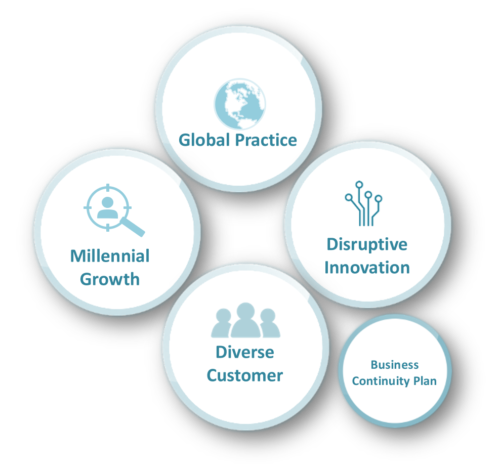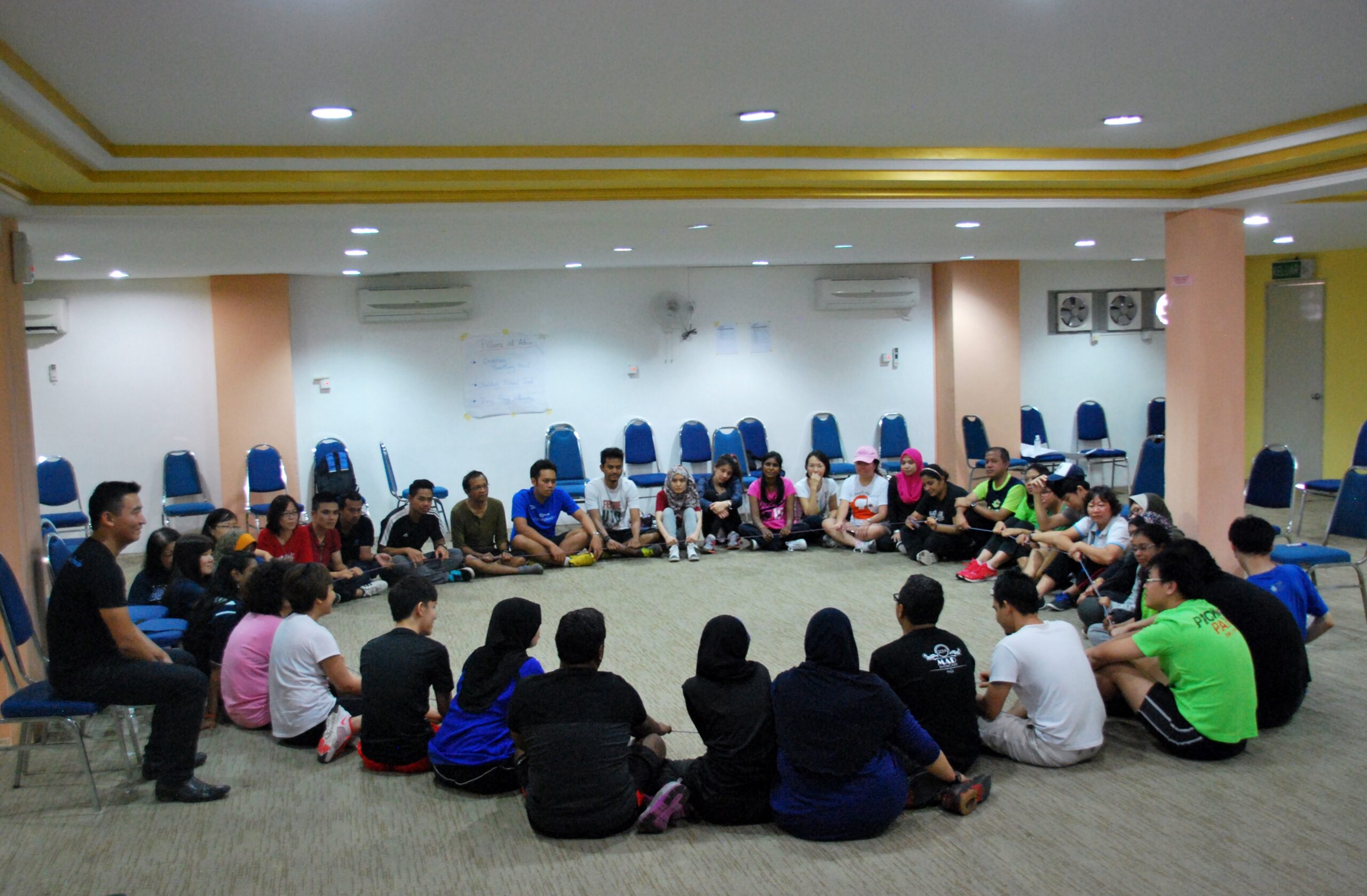Building a Coaching Strategy Deck
3 August 2021
A journey of a thousand miles begins with a single step. You have all the plans in your mind, and it is time to draft a coaching strategy deck. The format of the deck should be clear by answering the why, what, how, where, and when of coaching in the organization. The most important point is to align the coaching plan and strategy with the organization’s wider plan, business strategy, and key directions.
Do consider putting the information below in your coaching strategy deck.
- Global presence, head count, market share, revenue, and potential risk
- Why a coaching culture? – Global Practice, Prioritized Trends, Diverse Customer, Millennial Growth, Disruptive Innovation, and Business Continuity Plan
- Vision/Mission of a Company: Aligning the Coaching Vision to Company Vision
- Coaching Philosophy: Aligning to Core Values, Leadership Competencies,
360-Degree Leadership Evaluation - The Coaching Roadmap: Three Years, Five Years, and Ten Years
- The Coaching Journey: Past, Now, and Future of Coaching Culture
- Strategy Execution: Who, Where, How, Numbers, Testimonials from Internal
- The Coaching Balance Scorecard
- Coaching Measurement & Return of Investment

Why a Coaching Culture
- The global trends impacting businesses today and globalization have expanded markets beyond borders.
- Advances in technology have changed the way we work and interact with our colleagues, information, and work.
- Customer demographics, attitudes, and expectations are changing. Competition for talent is becoming a challenge around the world, and legislation is different in each country.
- The COVID-19 world pandemic and business continuity plan.
All these have made the coaching culture necessary, now more than ever, in meeting the ever-changing global needs.
You may need to consider beginning your coaching culture journey without having your finalized coaching deck approved or presented first. The logic is that it may take longer than you think to start the coaching journey. It takes time, effort, and motivation to build the culture, along with the buy-in of your stakeholders and employees. Furthermore, you may not know when it will be fully approved by the board of directors. You may consider starting to communicate your coaching plan during your leadership training, one-on-one coaching, talent engagement activities, or any coaching-related sharing session. So start first! Think and execute along the way.
Things to Do/Watch Out for When Crafting Strategy
- Avoid massive changes in the first year, like putting coaching into KPI.
Give time to allow people to have a mindset ready for change. Start with awareness activities, and allow managers to have more time to transition into new leadership styles for the first year. - Change is always difficult for a certain group of employees. Do not overemphasize/oversell/over push coaching as it will end up backfiring. Position coaching as “secondary skills” that a leader can choose to use at his/her preferred time.
- Create multiple platforms for your employees to share their thoughts freely. During the sharing, do not judge and do not solve their mentioned problems immediately. Allow some time and space for digestion, and change will take place gradually.
- Map out the goals and objectives with a detailed road map and strategy on how you will move together toward your desired direction despite many roadblocks along the way. People will have visuals in their minds and remember the goal and objective.
- Clearly spell out the desired behavior indicators of each level of leadership. Let everyone see and feel that the coaching culture is owned by the people.
Articulate a Definition and Vision, Coaching Frameworks and Samples
At the very least, a school needs a simple, memorable statement that defines coaching. Without this, coaching endeavors will struggle. Coaching carries different meanings for different organizations, and your organization may want to define coaching to suit your company goals, values, and direction. You will need to research many samples of coaching definitions, coaching culture definitions, coaching vision and mission, coaching models, and coaching competencies that were created by corporations and the authors.







